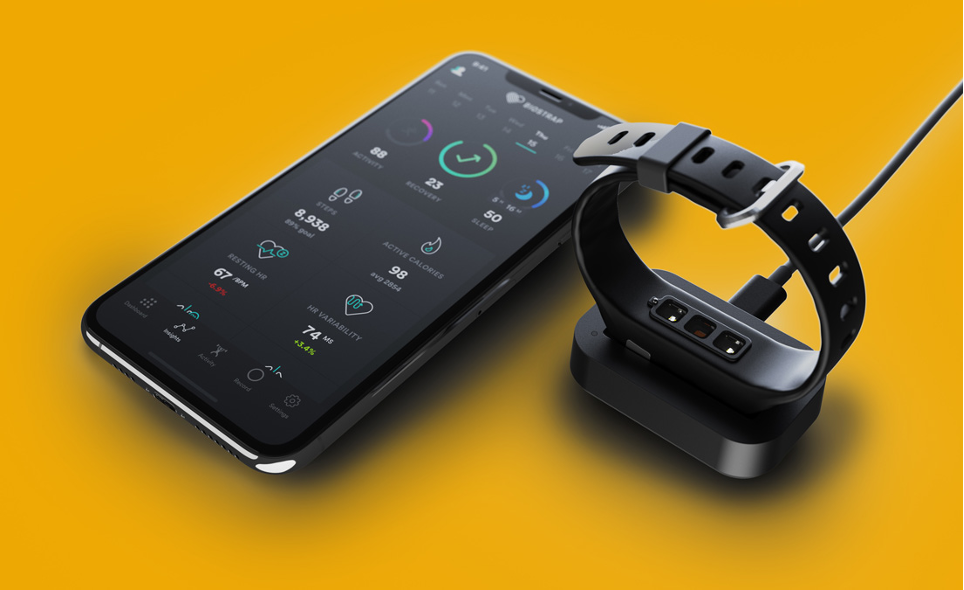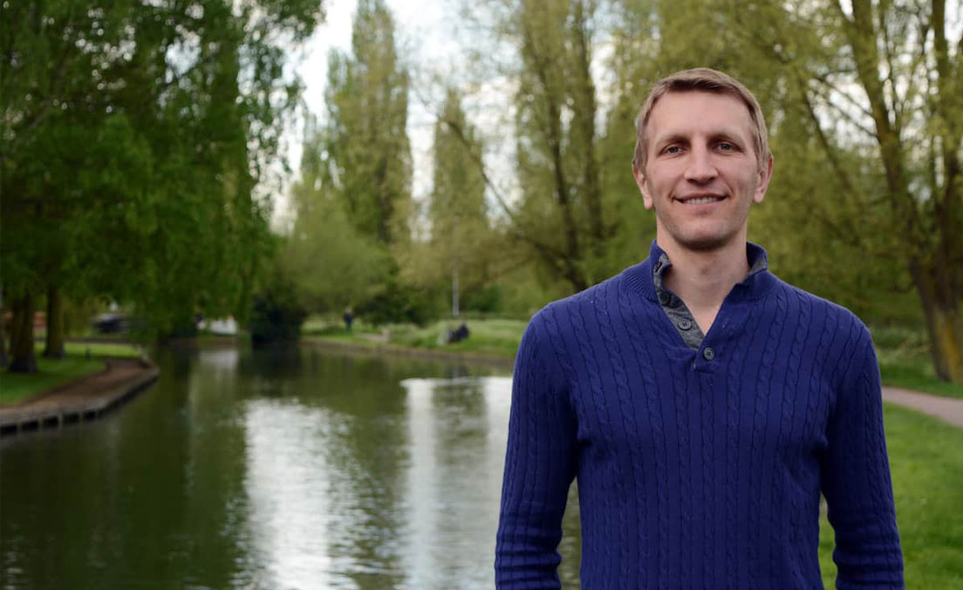Longevity Market Watch

In this weekly update, Longevity.Technology Editor-in-Chief Phil Newman keeps us up to date with all the latest developments in longevity.
Lots of longevity-related news coming your way! We are seeing an increased focus on personalised healthcare. Not only has COVID-19 made people more aware that they can measure and track their own health metrics, but more personalised healthcare tests and programmes are hitting the market, and apps are rolling out that keep the wearer updated on a minute-by-minutes basis, if required.
There’s an app for that
We spoke to the biohacking CEO of Aimee Health, which is now raising funding for its AI-powered nutrition assessment platform. Alan Gale is firmly focused on nutrition, with leveraging it to improve immunity top of his agenda. This helps medical and nutrition professionals biohack personalised health for their clients – a growing services sector opportunity.

We spoke to the biohacking CEO of Aimee Health, which is now raising funding for its AI-powered nutrition assessment platform. Alan Gale is firmly focused on nutrition, with leveraging it to improve immunity top of his agenda. This helps medical and nutrition professionals biohack personalised health for their clients – a growing services sector opportunity.
Aimee Health uses an AI-powered mobile app implementation to allow users to photograph their food and detect up to 132 nutrients. Nutrient levels are compared with evidence-based, customisable nutritional quantitative goals, identifying nutrient gaps that can be filled by food recommendations.
The platform validates and personalises the protocols themselves by measuring biomarkers, in a process which also lends itself well to implementing commonly-used Longevity diets. “Deviations from optimal biomarker levels suggest modifications to protocol nutrient levels, making sure they include the right quantities of the right nutrients,” says Gale.
Having built Aimee Health largely on a “little bit” of angel funding plus self-funding and a few decades of tenacity, Gale is now ready to raise some money to take the company to the next level. “We’re close to closing a $1.5 million seed round,” he says. “But we’re always looking for strategic investors that can help accelerate our vision.”
An ever-growing APPetite
The market for consumer wearable health-tracking technology is highly competitive, so it’s interesting to see an emerging player like Biostrap taking a slightly different route to market. Longevity.Technology caught up with the company’s founder and CEO Sameer Sontakey to find out what’s behind the shift. When he couldn’t find a wearable that delivered the level of data his platform needed, he built it, and is now selling it as a platform to third-party companies.
Biostrap uses photoplethysmogram (PPG) technology and other sensors to collect biometric data from a user. PPG involves shining an LED light onto the surface of the skin and then using the amount of light reflected back to measure volumetric changes in blood flow to the skin, which allows the calculation of a wide range of biodata, including heart rate, respiration and more.
Biostrap is designed to catch bad changes – like vascular stiffening – before they become big, damaging changes.

The company is raising a $1.5 bridge round of financing, ideally from angel investors or high net worth individuals. “We’re particularly interested in investors with an established interest in biohacking or longevity,” says Sontakey. “We think that having the right investors can actually help us with revenue growth, especially if they’re already in the space.”
After steady growth of their DNA and microbiome tests in the UK and Europe, Atlas Biomed has announced plans to enter the Japanese market which we feel is another strong indicator of growth in the sector.
Atlas Biomed’s platform combines both DNA and microbiome technologies with digital health data to generate unique health profiles. The Atlas DNA Test will include multifactorial disease risks, nutrition report, as well as a country-specific list of food intolerance investigations.
The platform means that numerous health risks which people might face later in life can be detected early via disease predisposition screenings. Japan’s ageing population means their government is switched on to improving the nation’s health and is dedicated to reducing health disparities through preventative healthcare. As other countries become switched on in the same way, the future for Atlas Biomed could be very rosy indeed.
Syndicate Room founder joins the First Longevity Board
Earlier this year, SyndicateRoom co-founder Tom Britton joined First Longevity’s Advisory Panel. The Longevity media and finance business (that, for full disclosure I’m a founder of) revealed that the funding pioneer has made the jump to become a member of its Board of Directors.
Regarding investing trends, Britton feels that the crowdfunding landscape is changing and the definition of “crowd” is increasingly blurred by the participation of more institutional investors in rounds being completed online.

“I don’t see this as “crowd” in the traditional sense,” he explains. “The opportunities being seen are later stage, raising larger rounds, and more aimed at larger investors. It’s not “crowd” in the way the industry started.”
New Longevity fund starts in EU
Early-stage investment fund LongeVC touched base with us last week about their new $35m fund being established in the Baltics. LongeVC is an investment group that specialises in curating, facilitating and executing early-stage venture investments in the fields of biotech and longevity. Its current investment portfolio includes Insilico Medicine, a global leader in AI-driven drug discovery, and Longenesis, an end-to-end collaborative biotech research enabler, as well as other biotech industry-specific companies.

Riga in Latvia is their go-to destination. Partner Sergey Jakimov told us: “Throughout the last five years, the Baltics – and Latvia in particular – have become a hot spot for deep-tech and science-heavy innovation, seeing the rise of multiple biotech and digital health ventures, some dealing specifically with combatting or assisting research of age-related diseases, such as Koatum, Anatomy Next and Verita Cell.” We are looking forward to interviewing Jakimov in a couple of weeks to tease out his investment strategy and future plans.
Here comes the science part…
This week we also looked at how nicotinamide riboside, which is commercially available as a supplement, has been shown to help alleviate telomere dysfunction in human cells. Telomeres are caps at the ends of our chromosomes that provide cells with a finite lifespan. Not only could this research prove key in treating some age-related diseases, but it could unlock the secrets of ageing itself. As nicotinamide riboside is already widely available on the market, it will be interesting to see how companies leverage the newly-discovered string to the longevity bow.
Another drug with an added extra that we covered this week was ibuprofen. A staple of every home medicine box, ibuprofen is a whizz at masking pain and reducing inflammation. Inflammaging is a relatively new buzzword that describes chronic low-grade inflammation that develops with advanced age, which is also believed to accelerate the process of biological aging. Scientists in Newcastle discovered that ibuprofen protected against inflammaging-related memory loss and there is already evidence that it could reduce the risk of developing Parkinson’s disease. Further tests are warranted to determine if ibuprofen could actually prevent the onset of neurodegeneration.
Comments (0)